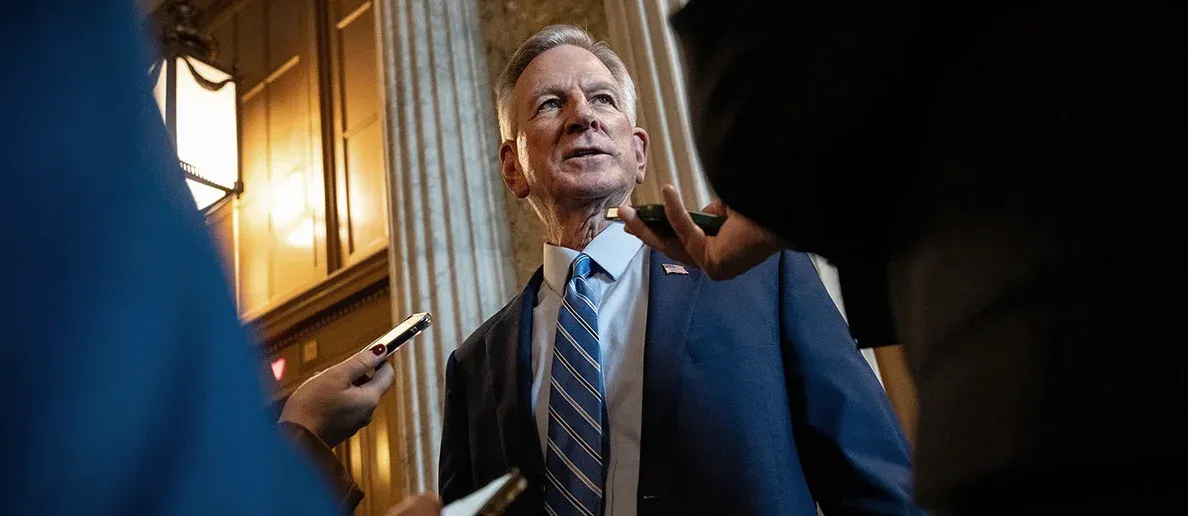Policy and Portfolio: Unpacking Senator Tuberville's Recent Moves


Senator Tommy Tuberville's recent maneuvers in the political arena, particularly concerning military nominations, coupled with his activities in the stock market, present a fascinating case study in the intersection of politics and personal finance.
Tuberville, a Republican from Alabama, initially imposed a blanket hold on all top military nominees, ostensibly in protest against a Pentagon policy related to abortion. This move which stalled the confirmation of over 300 military officials was met with bipartisan criticism and pressure, leading Tuberville to modify his approach. He indicated a shift towards targeting a select group of nominees he described as “woke,” a term that has become politically charged in recent discourse.
The backlash against Tuberville's stance has been significant, with critics accusing him of undermining the strength and efficacy of the U.S. military. His assertion that the military is the "weakest" it has been in recent times, attributed to diversity and inclusion initiatives, has been met with skepticism and censure. Observers point out that the real detriment to military strength may well be his own actions in obstructing key military appointments.
Parallel to his political actions, Tuberville's engagement in the stock market has also drawn attention. Data from Capitol Trades indicates that Tuberville emerged as one of Congress' most active stock traders during the hold. Since the start of 2023, the senator has traded nearly $10 million worth of financial instruments in the stock markets, including shares in health firms such as Merck & Co Inc (MRK:US), Eli Lilly and Co (LLY:US), and Pfizer Inc (PFE:US).
In reviewing Tuberville's actions, it raises questions about how a politician's personal finances impact their public duties. His stance on military nominations highlights the effects of personal beliefs on policy and the implications for national security and military effectiveness.
